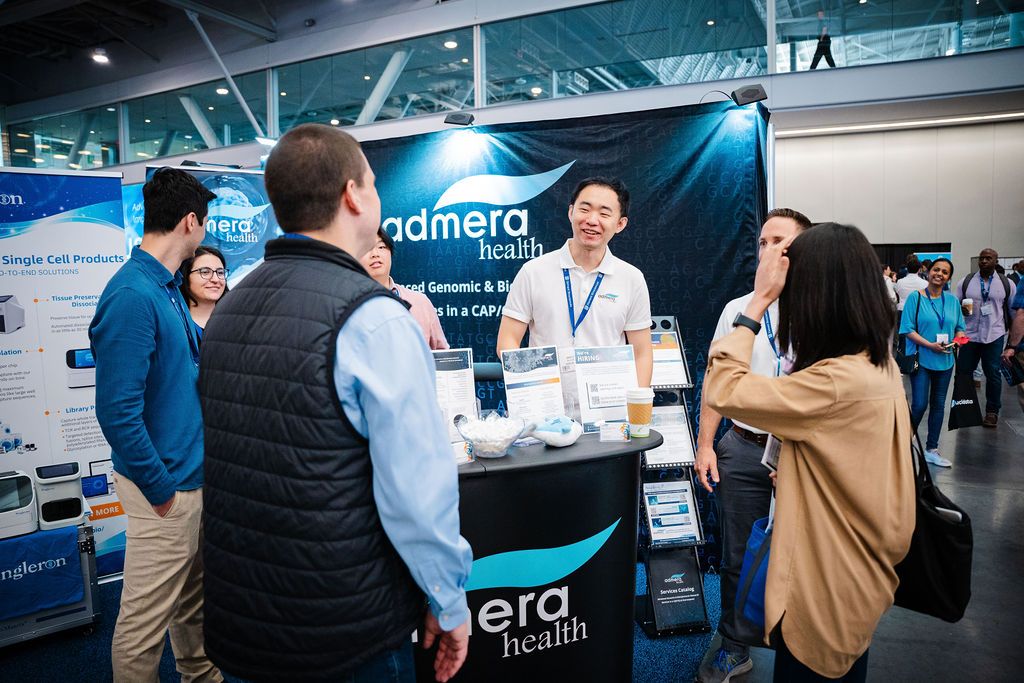Huw Rees, Senior Field Applications Scientist, SPT Labtech
The SPT Labtech apricot S3 and Next Generation TnX Transposase-based Technologies Enable Rapid, Low-Cost and Accessible NGS Library Preparation for Diverse Sequencing Applications
Abstract
Plasmid, amplicon, and other small-construct sequencing is a bedrock of molecular biology workflows in laboratories of all sizes and budgets. However, traditional workflows for preparing NGS sequencing libraries are long and labor-intensive, and a completely manual implementation of them does not scale. There exists a wide variety of automated liquid-handling instrumentation that may be employed for these workflows, but many of these instruments are expensive and require dedicated and experienced personnel to operate. Further, traditional NGS workflows may suffer from intrinsic deficiencies in their chemistry, leading to irregularities in sequence coverage and high variability in well-to-well read counts. In these cases, oversequencing is required to ensure that all samples are sequenced to sufficient depth to recover an accurate consensus sequence for each.
The SPT Labtech apricot S3 liquid handler is a simple, economical, and high performance pipetting instrument. The seqWell TnX-based ExpressPlex™ 2.0 Library Preparation Kit is a simple and rapid NGS library preparation chemistry which converts samples into Illumina sequencing libraries with sample auto-normalization over a broad range of concentrations, low sequence-coverage variability, and low well-to-well read count variability. Together, these have emerged as transformative tools for rapid, low-cost, and high-quality sequencing, offering unparalleled simplicity and efficiency in NGS library preparation. By expediting liquid handling processes and by streamlining and simplifying the library preparation workflow, the SPT Labtech apricot S3 liquid handler and ExpressPlex 2.0 chemistries dramatically reduce total library preparation time to under 2 hours for 96 samples and decrease library preparation costs by up to 80%, while maintaining high sequencing data quality. By reducing the scale of the library preparation reactions, it is possible to reduce the library preparation costs even further.
Here we demonstrate an automated 8-microliter (half-scale) NGS library construction workflow using ExpressPlex 2.0 in 96-well format on an SPT Labtech apricot S3 instrument. Reactions are set up by combining three reagents - sample, Indexing Reagent, and Ready Reaction Mix - on the apricot S3. Tagmentation and amplification occur on a thermocycler. Reaction-product pooling is performed on the apricot, and SPRI-mediated library cleanup on a single tube of pooled libraries is performed manually. The sample utilized in this demonstration is pUC19, a well-known cloning vector.
Illumina-based sequencing (2 x 151 bases) of the plasmid resulted in highly consistent well-to-well read counts with no loss of data (CV < 15.0% for all replicates). Sequence depth of coverage across the plasmids was uniform, with a CV under 15%. When downsampled to 2,000 read pairs per sample, all samples were successfully assembled de novo. Using the SPT Labtech apricot S3 instrument’s preparation of small-scale reactions and the TnX-based ExpressPlex 2.0 chemistry, it is possible to achieve cost-effective and high-quality plasmid sequencing. Multiple plates of clones can be prepared and loaded onto a sequencer in a single day, making it possible to sequence-verify hundreds to thousands of clones by the next day. This workflow is also compatible with amplicon sequencing and other construct-validation applications in protein engineering and synthetic biology.
The SPT Labtech apricot S3 liquid handler is a simple, economical, and high performance pipetting instrument. The seqWell TnX-based ExpressPlex™ 2.0 Library Preparation Kit is a simple and rapid NGS library preparation chemistry which converts samples into Illumina sequencing libraries with sample auto-normalization over a broad range of concentrations, low sequence-coverage variability, and low well-to-well read count variability. Together, these have emerged as transformative tools for rapid, low-cost, and high-quality sequencing, offering unparalleled simplicity and efficiency in NGS library preparation. By expediting liquid handling processes and by streamlining and simplifying the library preparation workflow, the SPT Labtech apricot S3 liquid handler and ExpressPlex 2.0 chemistries dramatically reduce total library preparation time to under 2 hours for 96 samples and decrease library preparation costs by up to 80%, while maintaining high sequencing data quality. By reducing the scale of the library preparation reactions, it is possible to reduce the library preparation costs even further.
Here we demonstrate an automated 8-microliter (half-scale) NGS library construction workflow using ExpressPlex 2.0 in 96-well format on an SPT Labtech apricot S3 instrument. Reactions are set up by combining three reagents - sample, Indexing Reagent, and Ready Reaction Mix - on the apricot S3. Tagmentation and amplification occur on a thermocycler. Reaction-product pooling is performed on the apricot, and SPRI-mediated library cleanup on a single tube of pooled libraries is performed manually. The sample utilized in this demonstration is pUC19, a well-known cloning vector.
Illumina-based sequencing (2 x 151 bases) of the plasmid resulted in highly consistent well-to-well read counts with no loss of data (CV < 15.0% for all replicates). Sequence depth of coverage across the plasmids was uniform, with a CV under 15%. When downsampled to 2,000 read pairs per sample, all samples were successfully assembled de novo. Using the SPT Labtech apricot S3 instrument’s preparation of small-scale reactions and the TnX-based ExpressPlex 2.0 chemistry, it is possible to achieve cost-effective and high-quality plasmid sequencing. Multiple plates of clones can be prepared and loaded onto a sequencer in a single day, making it possible to sequence-verify hundreds to thousands of clones by the next day. This workflow is also compatible with amplicon sequencing and other construct-validation applications in protein engineering and synthetic biology.

